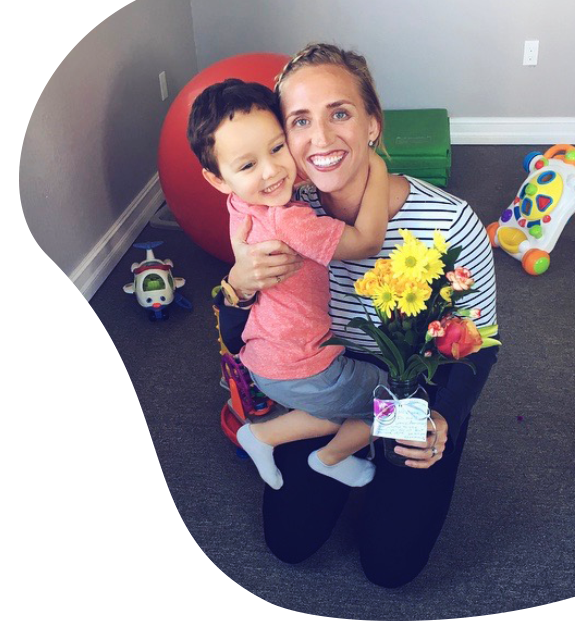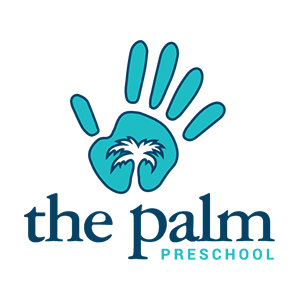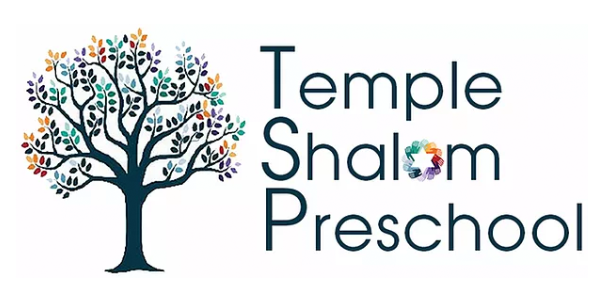About Ring Therapy Services
Hey there… So happy you stopped by! My name is Emily (but please, call me Emmi), and I am the owner and founder of Ring Therapy Services. I opened my company because I saw a need… A need for early (or “earlier”) intervention, a need for quality care, and a need for more options for families.
Many families and schools are missing out on quality services that can help children progress in so many areas of their life. Families are unaware of the benefits of speech and language therapy, don’t understand why these skills are so important, and are afraid to learn more because of the “stigma” associated with therapy in general. Schools often understand the importance but are restricted financially and/or go through county programs that require extensive “qualifications” in order for students to be able to receive services!
In actuality, not only do speech and language skills directly relate to academic success, but most children LOVE coming to therapy! There are options for therapy services that don’t break the bank OR require a “qualification” process.
After 5 years in pediatrics, I took that as my “sign” to start my own company! You can read more about me and my credentials in the tabs below.

Our research shows:
When it comes to receiving therapy services...

Does this sound familiar? Let's talk about it, we would love to help!
School Collaborations
We would love to hear from you.
Contact us by email or phone, thanks and have a good day.
Contact
Ring Therapy Services
6017 Pine Ridge Rd. Suite 280
Naples, FL 34119




